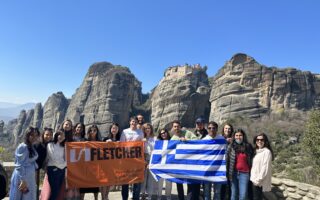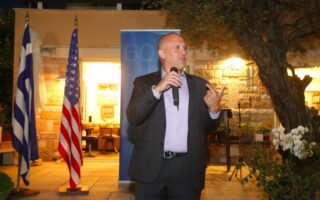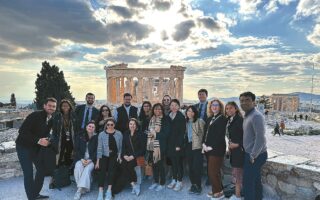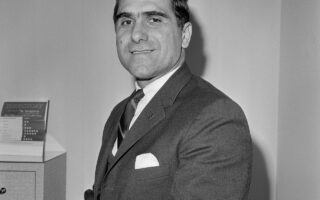The Greek who gave $600 million to education
Retired scientist and committed benefactor Roy Vagelos talks to Kathimerini
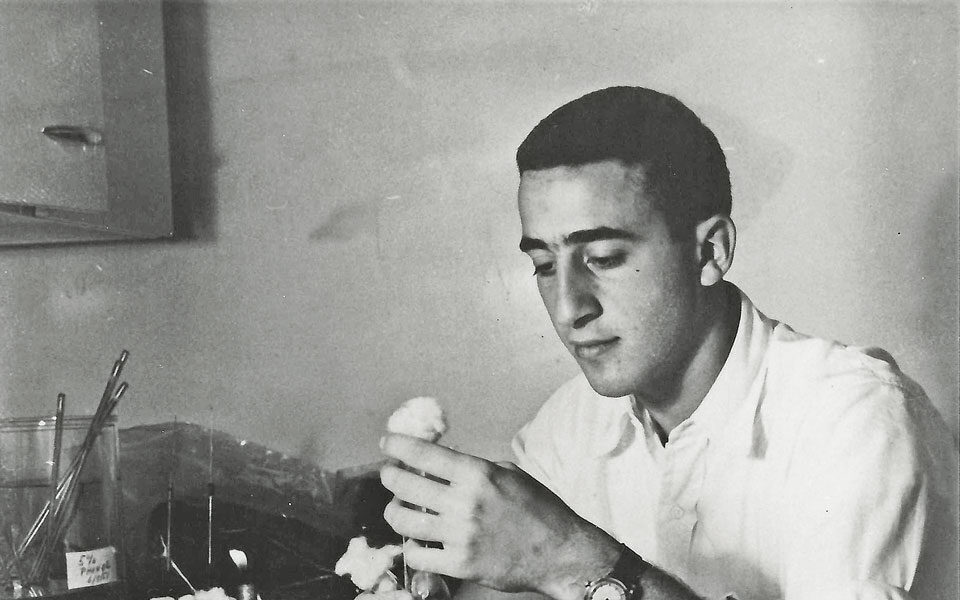
“My wife and I help students study without being shackled by debt on their chosen career path,” says Greek-American Roy Vagelos, 93, a prominent figure in the pharmaceutical industry. He is so committed to helping create the next generation of scientists, he recently donated an additional $175 million to the University of Columbia to support doctors embarking on the first steps of their careers and PhD candidates. It is not, however, the only donation made by Roy and Diana Vagelos to the American institution, which is why they have a school named after them: the Vagelos College of Physicians and Surgeons.
Born in the US to Greek parents, Roy, or Pindaros as he was baptized, grew up admiring his grandfather’s degree in physics from the University of Athens. “He was very young when he died and his children migrated to the United States, without having been able to study,” he reminisces in a recent conversation with Kathimerini.
Ancient names ran in the family. “My father was Herodotus and my uncles were named Homer and Thucydides,” he says.
The Vagelos brothers were in the catering business and Herodotus later opened a restaurant in New Jersey, where everyone pitched in. It was particularly popular among the executives working at Merck, whose headquarters were located nearby.
As he bused their tables and made small talk about the weather, young Roy could hardly have imagined that one day he would be the executive director of the pharmaceutical giant. “These are the people I consulted when I was applying for college,” he says.
Vagelos started studying chemistry but medicine and biochemistry soon caught his interest. “I didn’t have any problems studying because I was a very good student and got a scholarship immediately,” he says. “But I know that this is not always the case for youngsters with their eye on an academic career.”
It is estimated that half of the students in the US have taken out some kind of loan to study. Tuition at the graduate level ranges from $30,000 to $35,000 at state universities and can reach $55,000 at private colleges, while it goes up even more at the postgraduate level.
‘I didn’t have any problems studying because I was a very good student and got a scholarship immediately. But I know that this is not always the case for youngsters with their eye on an academic career’
Love and marriage
Vagelos met his wife Diana – also of Greek roots – while he was at the University of Columbia and she was at Barnard College. “We got married in 1955 and would have done so sooner if our finances had allowed it,” he says.
Thanks to Diana’s first job and a decent salary, the young couple were able to tie the knot.
Roy got a job at Massachusetts General Hospital, then became a researcher at the National Institutes of Health (NIH) and later went on to become the head of the Biochemistry Department at Washington University in St Louis, before climbing to the top of the ranks at Merck.
During his 20 years at the firm, he was instrumental in the development of top cholesterol and drug pressure drugs, antibiotics and vaccines. “I left the position of executive director, which I’d held for 10 years, because I retired,” says Vagelos, who is still active as president of the board at Regeneron.
“I chose jobs that I found interesting, not those that would bring me more money. This is a ‘luxury’ I would like young scientists to have,” he says.
A lot of students in America graduate with “massive debts of like $100,000 and this really clips their wings,” adds Vagelos. “These young people will not go into research or do a PhD or become pediatricians as these choices are less well-paid.”
If they don’t have the burden of debt, however, “they may follow their calling and this will be for the good of society as a whole.”
Vagelos, who has been supporting educational institutions since the 1980s, keeps in touch with many of the young scientists who have benefited from his donations. “They are very talented and I am so proud of them,” he says. Overall, the couple has supported the universities of Pennsylvania and Columbia – their alma maters – with donations worth almost $600 million. Their names, needless to say, are on many department plaques.
Their aim is to give medical students financial independence, support researchers, promote women in the sciences and also to fund research into tackling climate change. “This is the second most important thing I am concerned about,” says Vangelos, who helped develop the Climate Schools at Columbia and Penn.
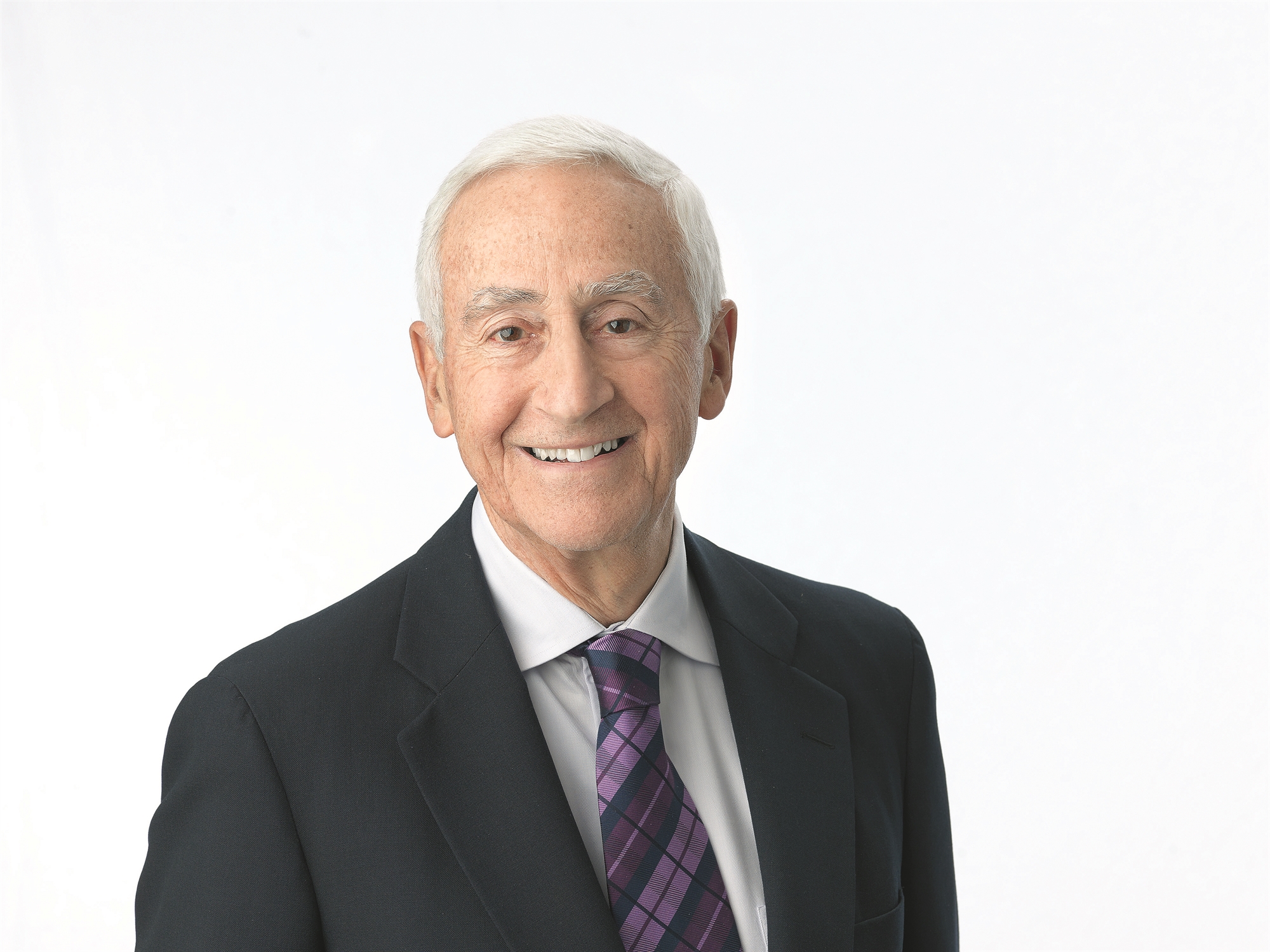
Mentors for young scientists
“It is important for our young colleagues to learn how to look for work, how to write a paper, but also how to say no, which is especially pertinent for women scientists, who often feel that turning down additional tasks will be perceived as a sign of weakness,” says Dr Litsa Kranias, who sought to bolster these “skills” with her donation to the University of Cincinnati, where she is a professor and head of cardiovascular biology at the Medical School.
“I pondered the idea for 10 years and three years ago made my wishes known to the relevant committee,” says the Greek academic.
Thanks to the interest from her donation, the future of the annual Kranias Symposium on Early Career Mentorship is secured. There, a guest mentor advises doctoral and post-doctoral students and new professors on their next career moves. This is followed by a round-table discussion with four professors and then one-on-one consultations.
“I have always wanted to help younger scientists do well,” says Kranias, who is still grateful for the full scholarship that allowed her to move from Greece to the United States. “I studied at the University of Chicago, which was one of the top five schools at the time, and it had just started taking graduates from universities outside the US on a trial basis,” says Kranias, whose stellar academic performance paved the way for other foreign students.
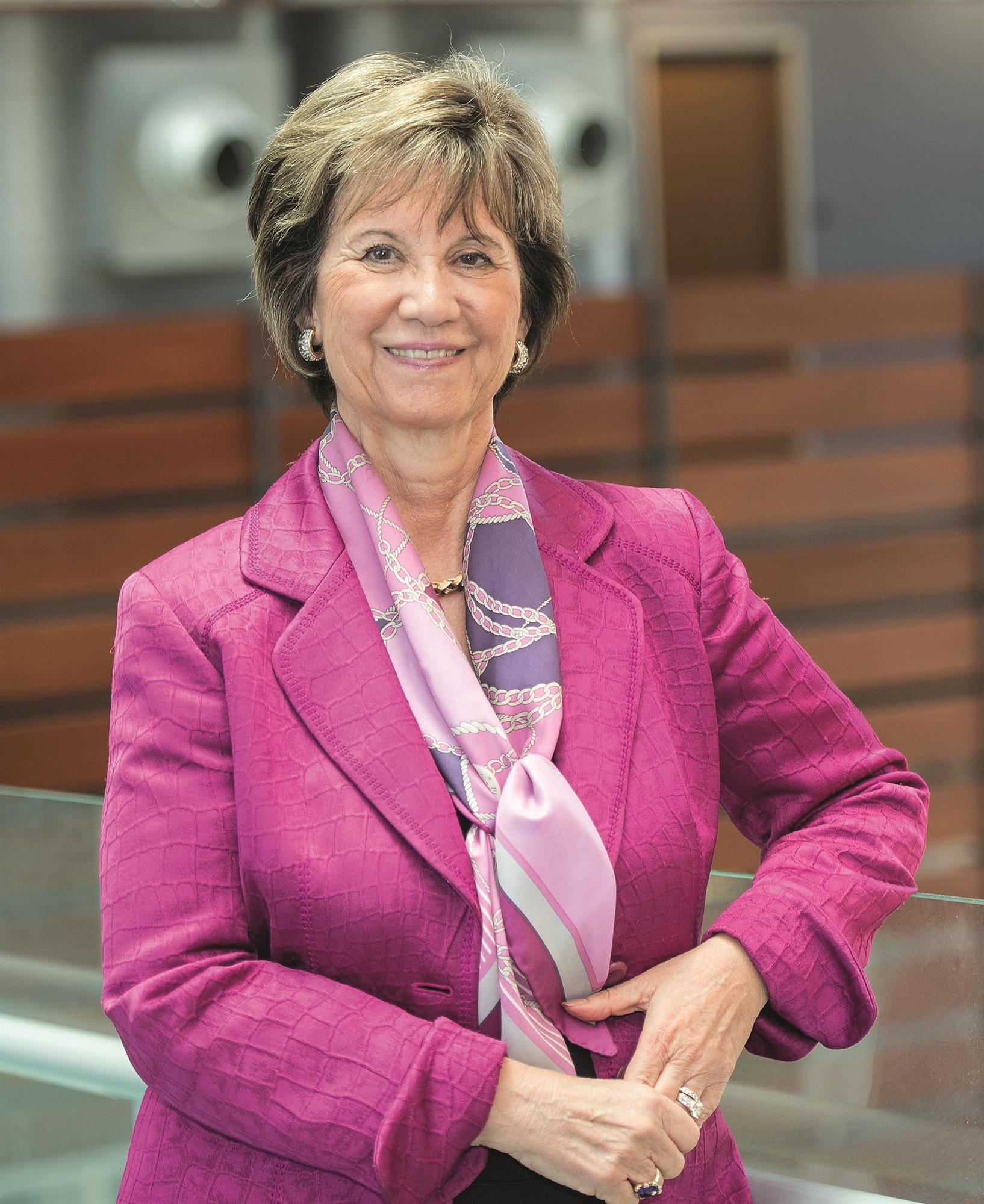
Other initiatives giving back
Americans are very familiar with the notion of giving back. “Young professionals often support their alma maters soon after graduating, even with a small amount like 100 dollars a year,” says George Tsetsekos, Francis Professor of Finance and dean emeritus at Drexel University’s LeBow College of Business.
Second- and third-generation Greeks whose parents had high aspirations for their futures and wanted them to study are no exception.
“At first the Greeks gave money to the Church and associated organizations like the Theology School in Boston. Then they started giving to universities with which they had personal ties,” says Tsetsekos.
He acknowledges that the cost of an education and the loans that make it possible are a big problem for young Americans. “That said, I also believe that they are not getting realistic advice about their career prospects; they are encouraged to follow their dreams without being told that only certain professions can ensure a high standard of living in the US, where costs are admittedly high.”
The list of benefactors is interesting and, apart from the sciences, also includes significant donations for Classical studies.
John Calamos, for example, founded a philosophy chair at the University of Illinois, where students learn about the ancient Greek philosophers. Angelo Tsakopoulos founded the Chair of Modern Greek Studies at Stanford and supports many similar programs across the US. Nicholas and Athena Karabots founded the archaeology program at the University of Arizona, which is responsible for the excavations in the Peloponnese at the Temple of Lycian Zeus, while they also cover the salary of one professor of ancient Greek archaeology.
There’s also the Nicholas & Nancy Vidalakis Scholarship for students who want to train in his native Crete, while the Clinical Cancer Center at the University of Iowa exists thanks to John Pappajohn, who has endowed many of the institution’s programs. John Rangos is behind, among others, a pediatric hospital in Pittsburgh, and George Behrakis funded the Behrakis Health Science Center at Northeastern. Last but not least, the University of Boston has the Alexis Gavras Scholarship for Greek and Greek-American students.
